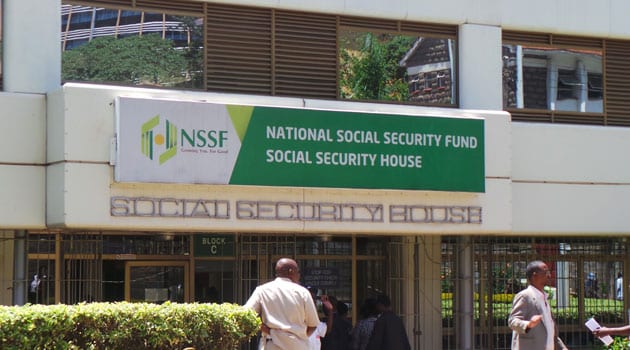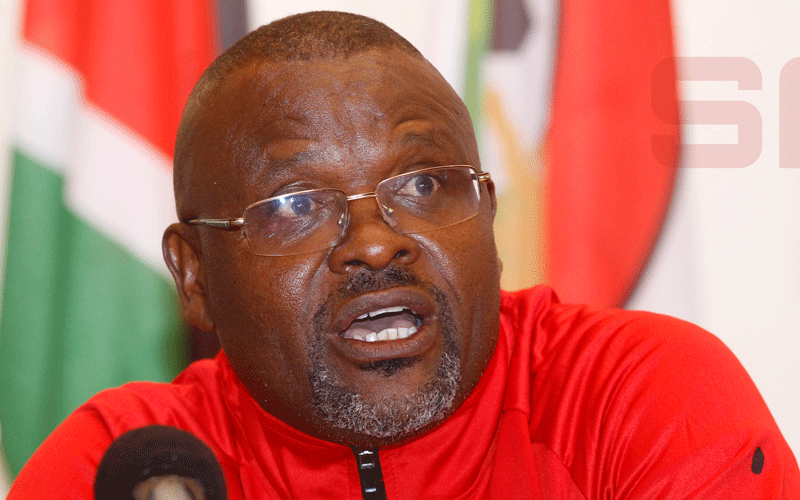NSSF’s Sh19b blow on low dividends

State-owned National Social Security Fund (NSSF) took a hit of Sh19 billion in investment losses from the capital markets in the 12 months to June 2023.
The fund which often invests contributions deducted from workers as a way of generating self-revenues to meet other financial obligations – including paying salaries and regular expenses – was only saved by hiked contributions, to compensate retirees.
NSSF paid out to pensioners about Sh5. 4 billion in the year to June 2022, which is a reduction from Sh5.8b paid to the retirees same period in 2021.
The investment losses were on the back of poor performance of the fixed securities and failures to declare and pay dividends by some of the state parastatals where NSSF has shares.
Major stocks listed on the Nairobi Security Exchange (NSE) also devalued sharply during that period, further worsening the scheme’s investment portfolio.
Together with the National Treasury, NSSF holds a significant stake in state parastatals like Consolidated Bank and East African Portland Cement Company, which are all facing liquidity constraints and hence unable to pay dividends.
“It is because of equities. The market was not that good. The counters were down and that is actually one of the contributors. That loss on paper was a big hit on the NSSF,” the fund’s finance manager, Marietta Mutinda, told the Business Hub.
The Nairobi bourse, where the Fund invests on major counters such as EABL, Safaricom, and a couple of commercial banks, has equally been impacted by the weakening of the shilling and investors’ flight, aggravating the Fund’s losses.
The Sh19 billion loss is however an improvement compared to the Sh29 billion investment that NSSF suffered in the previous year ending June 2022, after the electioneering period that scared away investors.
“We calculate the value of shares on the date of reporting. Equities were down on the date we closed our books. On the flip side, when the counters are good, we also reap,” adds Mutinda.
Counters such as Safaricom, which controls more than half of the market cap, has devalued by about 34 per cent to rest at an average of Sh15.5 per share.
The scheme, which has since pocketed over Sh10 billion extra from the hiked monthly contributions that kicked off in March 2023, is yet to officially release the 2023 audited financial standing capturing its asset base.











